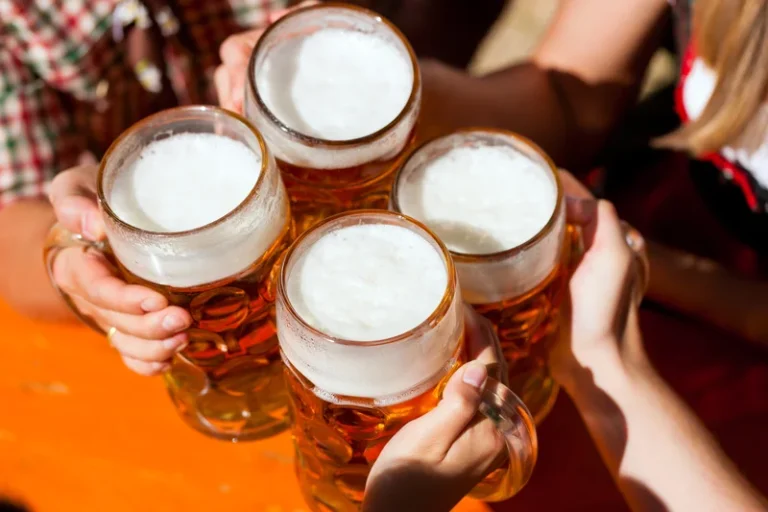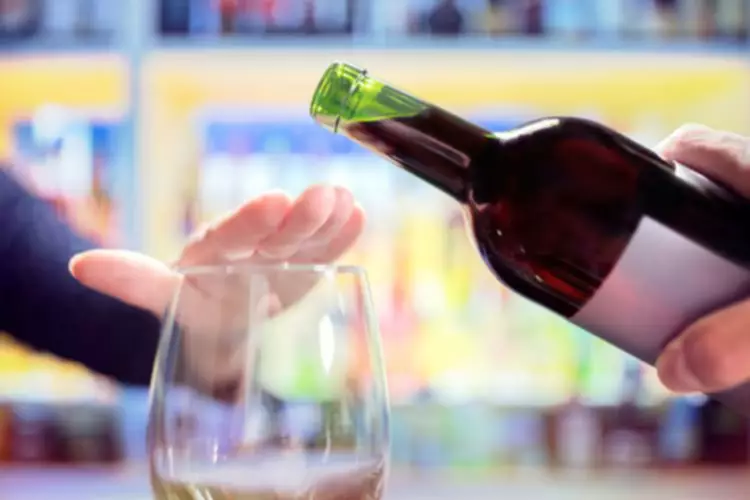The 4 Stages of Alcohol and Drug Rehab Recovery
By Caesar Lima • Dec 1st, 2023 • Category: Uncategorized
In treatment settings, clinical diagnoses and health problems often focus on behavioral changes as a fundamental element for health prevention and maintenance. Establishing rapport between client and practitioner becomes pivotal, with identified short-term and long-term goals pursued actively through client motivation. Believing in this higher power may help someone find meaning in their life outside of addiction.

Month 1: Why “The First 30 Days” Can Be Challenging
Acknowledge the misuse to yourself as well as your support group, your family, and the medical professionals you’re working with. This may not feel https://ecosoberhouse.com/ comfortable at first, but that discomfort is normal and helpful. The transition stage and post-acute withdrawal symptoms can last up to 2 years.

Home-Based Alcohol Detox: Steps and Tips
You and your physician may meet less frequently about your medication. Working with your Care Team will ensure your decisions are personalized and informed, and that you have resources at your fingertips whenever you need them. Addiction involves brain mechanisms, particularly in the dopamine system crucial to reward processing. While stopping drug use is a pivotal aspect of recovery, it is only one part. The process often requires reprogramming deeply ingrained thought patterns, and forming new behaviors.
- After completing a program at a treatment center, recovering alcoholics move into the maintenance stage, which generally lasts from six months to several years or longer.
- Injectable Naltrexone (Vivitrol) injections are given once a month, providing a way to get beneficial effects for 30 days at a time.
- Here’s more information on alcohol withdrawal symptoms you may experience that make this an uncomfortable, yet really important time of recovery and reset.
Holistic Approach to Relapse Prevention
The single most popular path is the use of peer support groups in the community. If you used alcohol as a form of stress-relief in the past, it’s important to replace drinking with healthier forms of coping and self-care. Building coping skills can help you tackle cravings and challenges without drinking. Plus, self-care routines can help incorporate time for self-compassion, mindfulness, and rest into your journey. You may have heard before that “the first 30 days can be the hardest,” and experts tend to agree.
- When you have been sober for a long time, and you don’t think much about having a drink, it can be more of a matter of semantics whether you consider yourself to be recovering or recovered.
- Studies of outcome of addiction treatment may use one term or the other, but they typically measure the same effects.
- The transition stage and post-acute withdrawal symptoms can last up to 2 years.
- Both the World Health Organization (WHO) and the Canadian Centre on Substance Use and Addiction have determined that there is not safe amount of alcohol.
- The 12-step proponents may argue that abstinence and the steps are the only way.
This stage focuses on addressing the psychological and emotional aspects of addiction and equipping individuals with the tools and strategies necessary to maintain long-term sobriety. Recovery from addiction involves acknowledging the problem, seeking professional help, and committing to significant change. Treatment options may include therapy, support groups, medication, etc. It’s vital to address underlying issues such as trauma or mental health disorders to prevent relapse. With support and dedication, individuals can overcome substance use disorder and regain control of their lives. If you or a loved one is ready to take action and start the drug and alcohol recovery process, you’ve already started the stages of change and may be looking for treatment options.

Implementing relapse prevention strategies, such as relapse prevention strategies, can be instrumental in maintaining long-term sobriety. It’s essential to seek professional help during this stage to ensure a safe and effective detoxification process. Medical professionals can provide medications and support to manage withdrawal symptoms, making the detoxification journey more comfortable and secure.
Lifestyle Changes That Make a Difference
Developing healthy coping mechanisms and accessing professional guidance are crucial steps in overcoming addiction’s grip and moving toward recovery. In stage five, you are continuing to do what is working for your alcohol recovery. You establish new and healthier habits that promote your program of recovery. Some people say that it is easy to get sober but hard to maintain sobriety. During this stage of maintenance, you will see what works best for you and stick with it.
Addiction Recovery Quotes Images
- It usually starts with a scratchy sensation in the back of the throat, progressing to a sore throat.
- But this isn’t a good time for sweeping changes, like a career switch.
- The best way to handle a relapse is to take quick action to seek help, whether it’s intensifying support from family, friends, and peers or entering a treatment program.
- TSM uses the medication, naltrexone, to help you gradually reduce your drinking.
- Simply put, withdrawal from drugs or alcohol is unpleasant and, in some cases, as with alcohol or opioids, can even be dangerous.
One influential framework guiding this process is the “Transtheoretical Model of Change” (TTM), developed by Dr. James Prochaska and Dr. Carlo DiClemente. This model delineates six stages through which individuals cycle during stages of alcoholic recovery their recovery journey, elucidating the mechanisms that drive behavioral transformations. Alcohol treatment and recovery is a lifelong process that requires commitment and changes in many aspects of a person’s life.

We can integrate addiction treatment with the stages of alcoholism and addiction.

Caesar Lima is a LA based photographer and his fresh imagery keeps us guessing as to what innovations he will create next. The merging of photography and computers is what gives Caesar's work an edge. Although the line that is drawn between these two mediums is unclear, obscured in his work, he likes it that way.
Email this author | All posts by Caesar Lima


